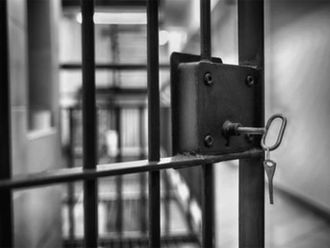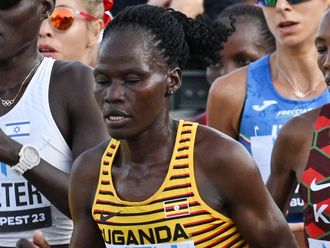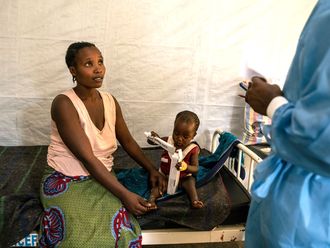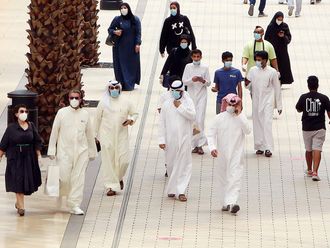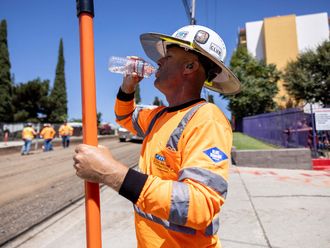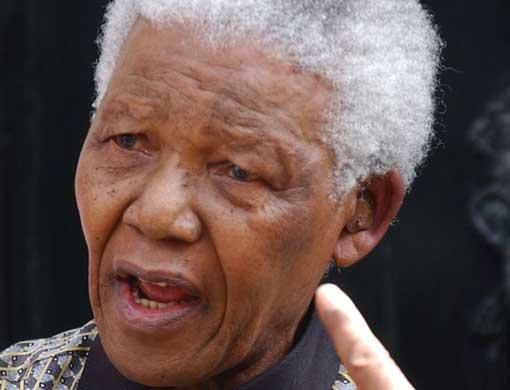
Johannesburg: South Africa's ruling African National Congress said former president Nelson Mandela, 91, would not be taking part in commemorations at his former jail on Thursday to mark the 20th anniversary of his release from prison.
The party was clarifying the anniversary programme after confusion about the participation of the frail anti-apartheid icon.
Referring to Mandela using his clan name, by which he is affectionately known in South Africa, the ANC said: "The only activity that Madiba will attend is the State of the Nation address, which will take place on Thursday evening in parliament."
President Jacob Zuma, who is South Africa's fourth post-apartheid president, will deliver the address at the opening of parliament.
Last week, Deputy Police Minister Fikile Mbalula, who is overseeing the anniversary activities, was quoted as saying that Mandela himself was expected to attend the celebrations at Victor Verster prison the prison from which he memorably walked free hand-in-hand with his then wife Winnie on February 11, 1990.
The jail outside the town of Paarl in the Western Cape is where Mandela spent the last years of his 27-year imprisonment for defying white apartheid rule.
South Africa is a vibrant democracy, but the millions still living in poverty are now looking for leadership that can tackle its economic problems.
Mandela's release on February 11 1990, after 27 years in apartheid-era jails, set in motion the country's transformation to democracy which culminated in historic all-race elections in 1994 and his inauguration as the country's first black leader. Some critics say Mandela's legacy has been blighted by his successor Thabo Mbeki's sacking as president by the ruling ANC and the latest sexual scandal involving current President Jacob Zuma which has damaged the party's image. South Africa's change to democracy has been heralded as a miracle. Mandela's reconciliation drive won over hardline white conservatives, previously segregated communities are integrated and most blacks and whites now treat each other with respect.
But two decades on, many black South Africans live in grinding poverty in squalid shantytowns, official unemployment is just under 25 per cent and analysts say actual joblessness is higher.



